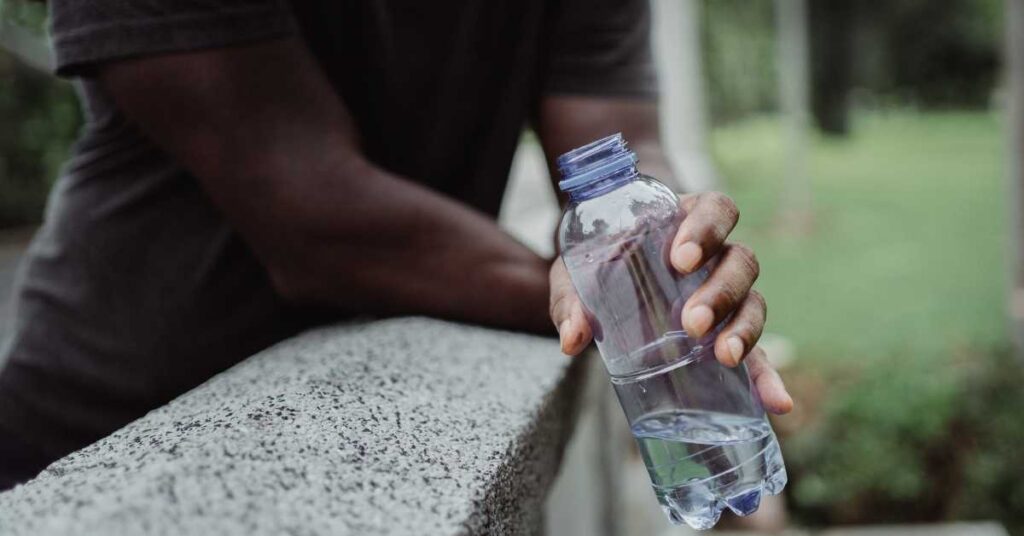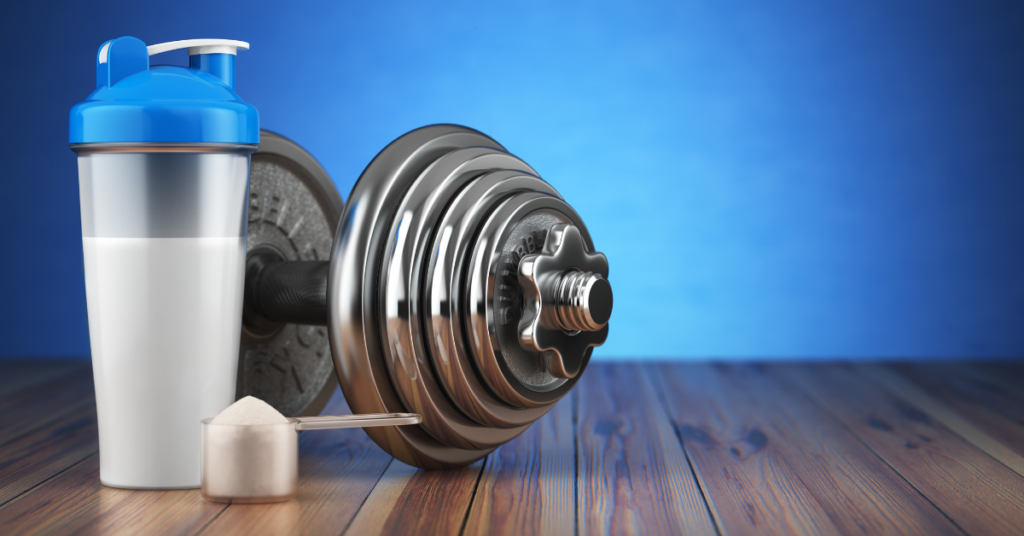Introduction
Hydration is a topic surrounded by numerous myths and misconceptions. With so much information available, it can be challenging to separate fact from fiction when it comes to proper hydration practices.
In this article, we will debunk common hydration myths and provide evidence-based insights to help you understand the truth behind these misconceptions. Get ready to quench your thirst for knowledge as we debunk these hydration myths and pave the way for a more informed and effective approach to staying hydrated.
Myth #1: Eight Glasses of Water a Day
Examining the Origins of the “8×8” Rule
The notion of drinking eight glasses of water a day has been widely propagated, but is it really necessary? We delve into the origins of this rule and uncover the truth behind the recommended daily water intake.
Understanding Individual Hydration Needs
One size does not fit all when it comes to hydration. We explore the factors that influence individual hydration needs and provide insights on tailoring your water intake to match your unique requirements.
Myth #2: Clear Urine Always Indicates Proper Hydration
Factors Affecting Urine Color
Many believe that clear urine is a definitive sign of proper hydration. However, we uncover the various factors that can influence urine color and challenge the assumption that clarity alone indicates adequate hydration.
Recognizing Dehydration Despite Clear Urine
Clear urine doesn’t always guarantee hydration. We shed light on the deceptive nature of clear urine and highlight the importance of considering other hydration cues to avoid dehydration.
Myth #3: Caffeinated Beverages Cause Dehydration
The Diuretic Effect of Caffeine
Caffeine has long been blamed for dehydrating the body. We unravel the truth behind the diuretic effect of caffeine and its actual impact on hydration.
Considering Fluid Balance in Caffeine Consumption
While caffeine does have a mild diuretic effect, we explore how its hydration impact is balanced by the fluid content of caffeinated beverages and the overall context of caffeine consumption.
Myth #4: You Only Need to Hydrate During Exercise
Hydration for Everyday Life
Hydration is not limited to exercise alone. We emphasize the importance of staying hydrated throughout the day and discuss the benefits of maintaining consistent hydration habits.
The Importance of Consistent Hydration Habits
Discover why hydration is a lifestyle, not just a temporary practice. We provide insights on establishing healthy hydration habits that go beyond the confines of workout sessions.
Myth #5: Sports Drinks Are Always Superior to Water
Assessing the Role of Sports Drinks
Sports drinks have gained popularity as the go-to hydration option. We evaluate the benefits and drawbacks of sports drinks and shed light on when they may be more advantageous than water.
Understanding the Context of Sports Drink Usage
Context is key when it comes to sports drink consumption. We explore the specific scenarios in which sports drinks can provide benefits and when water remains a suitable and more practical choice.
Myth #6: Thirst Is a Reliable Indicator of Hydration
The Complex Mechanism of Thirst
Thirst is often seen as a reliable cue to drink water. We uncover the intricate mechanism of thirst and explain why relying solely on thirst may not always be sufficient for maintaining optimal hydration.
The Importance of Proactive Hydration
Taking a proactive approach to hydration is essential. We emphasize the need to stay ahead of thirst and provide practical tips for maintaining adequate hydration levels even before thirst signals kick in.
Myth #7: Hydration Is Only Relevant in Hot Weather
The Impact of Temperature on Fluid Loss
Hot weather is commonly associated with increased fluid loss. We explore the relationship between temperature and hydration, but also shed light on hydration considerations in cooler climates.
Hydration Considerations in Different Environments
Hydration needs extend beyond hot weather. We discuss the impact of various environments on fluid balance and provide insights on adapting your hydration practices to different conditions.
Myth #8: Drinking More Water Can Flush Out Toxins
The Role of the Kidneys in Detoxification
The idea that drinking copious amounts of water can detoxify the body is widespread. We examine the role of the kidneys in the detoxification process and separate the facts from the fiction.
Hydration’s Role in Overall Detoxification Processes
While hydration plays a role in supporting overall detoxification processes, we explain why relying solely on excessive water intake is not an effective strategy for detoxification and discuss more comprehensive approaches.
Myth #9: Hydration Is Only a Concern for Athletes
Hydration and Its Impact on Everyday Performance
Hydration is not just a concern for athletes. We explore how staying hydrated impacts everyday performance, including cognitive function, mood, and overall well-being.
Promoting Hydration for Everyone
Hydration is essential for everyone, regardless of their level of physical activity. We provide practical tips and strategies to promote hydration in daily life and emphasize its importance for overall health.
Myth #10: Overhydration Is Not a Concern
Understanding the Risks of Overhydration
While dehydration is a well-known risk, overhydration can be equally dangerous. We uncover the risks associated with overhydration and discuss the potential health consequences of excessive fluid intake.
Striking a Balance for Optimal Hydration
Achieving optimal hydration requires finding the right balance. We provide guidelines on maintaining a healthy hydration level while avoiding both dehydration and overhydration.
Conclusion
Hydration myths can cloud our understanding of proper hydration practices. By debunking these misconceptions and focusing on evidence-based insights, we can develop a more accurate understanding of hydration and make informed choices to support our overall health and well-being.
Remember, staying hydrated is a dynamic process that requires individualized approaches and consistency in maintaining healthy hydration habits.
Frequently Asked Questions (FAQs)
Q1: How much water should I drink each day?
A1: Water intake varies depending on individual factors such as body weight, activity level, and climate. While there is no one-size-fits-all answer, a general guideline is to aim for 8 to 10 cups (64 to 80 ounces) of fluid per day, including water and other hydrating beverages.
Q2: Are energy drinks a good alternative to sports drinks for hydration?
A2: Energy drinks and sports drinks serve different purposes. Energy drinks typically contain stimulants and higher levels of caffeine, while sports drinks focus on replenishing electrolytes and providing carbohydrates. For hydration, it’s generally recommended to opt for sports drinks or electrolyte-enhanced beverages.
Q3: Can I rely on thirst alone to stay hydrated?
A3: Relying solely on thirst may not be sufficient to maintain optimal hydration. Thirst signals can sometimes lag behind the body’s actual hydration needs. It’s important to proactively drink fluids and establish regular hydration habits to stay adequately hydrated.
Q4: Should I drink more water during exercise than at other times?
A4: Hydration needs increase during exercise to compensate for fluid losses through sweat. It’s essential to drink fluids before, during, and after exercise to maintain hydration levels. Pay attention to your body’s cues and adjust your fluid intake based on the intensity and duration of your workout.
Q5: Can drinking more water help with weight loss?
A5: While staying adequately hydrated is important for overall health, drinking more water alone is not a magic solution for weight loss. It can contribute to a healthy lifestyle and support digestion, but weight loss requires a comprehensive approach that includes a balanced diet and regular physical activity.
Disclaimer: When it comes to sport nutrition, always seek professional guidance and advice from medical professionals, nutritionists and other relevant professionals who will be in a position to better address specific concerns or issues related to your individual situation. In no event shall we be liable for any direct, indirect, incidental, special, or consequential damages arising out of or in connection with your use of this website or the content provided herein.







